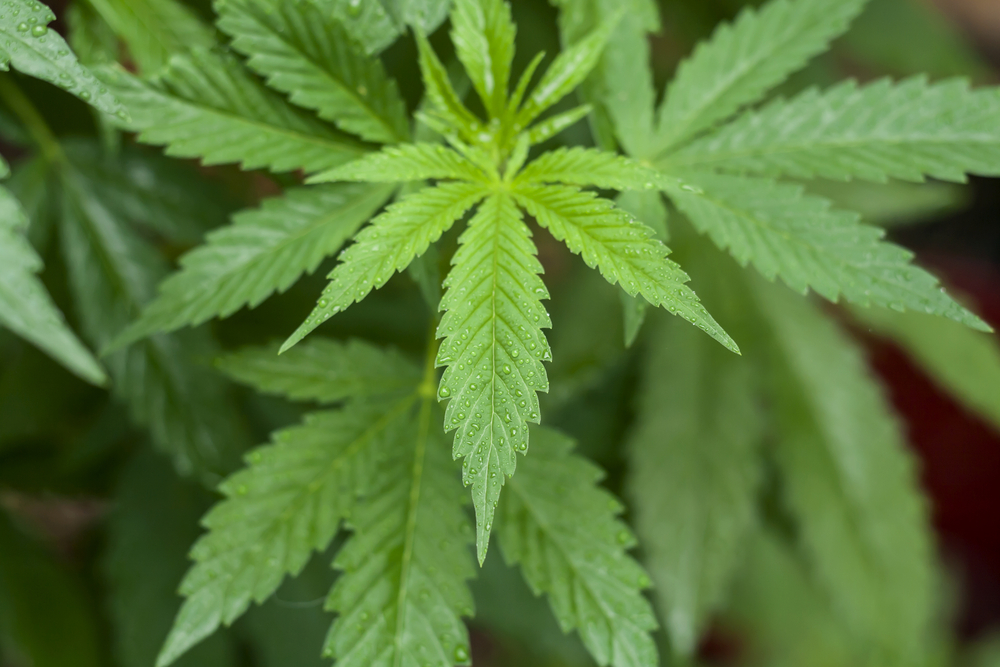Marijuana Use May Raise Risk of Psychosis Relapse

Smoking marijuana may increase the risk of experiencing an episode of psychosis, or a break with reality, in people who have already had such an episode, according to a new study.
In the study, researchers looked at about 200 patients in England who had been diagnosed with psychosis at least two years before the start of the study, and asked them about their marijuana use. The researchers found that those who used marijuana during the two years after they experienced their first episode of psychosis had a 13 percent higher chance of experiencing another episode of psychosis during this time, compared with people who did not smoke marijuana during the first two years after being diagnosed.
However, it is important to put these estimates into context, said study co-author Sagnik Bhattacharyya, a researcher who studies psychosis at King's College London. "Patients with psychosis already have a high risk of relapse even if they do not use cannabis," he said. The estimates presented in the study reflect the additional risk that people with psychosis are exposed to if they also smoke marijuana, he said. [11 Odd Facts About Marijuana]
However, one limitation of the study was that marijuana use was self-reported and not measured in an objective way, the researchers wrote in their study, published today (Sept. 28) in the journal JAMA Psychiatry.
In the study, the researchers recruited 220 people who had been admitted to psychiatric services facilities in South London between 2002 and 2013 and had been diagnosed with psychosis. The study participants were 29 years old, on average, at the start of the study. The first time the researchers talked with the participants was soon after the participants were admitted to those facilities. During the interviews, the scientists asked the participants whether they had ever used marijuana prior to their first episode of psychosis. [Top 10 Controversial Psychiatric Disorders]
Then, the researchers followed up with the participants for at least two years, and asked them if they had used marijuana during that time. The researchers also looked at the people's clinical records, to see whether they had been re-admitted to psychiatric services facilities for other episodes of psychosis during that period.
It turned out that the people who continued to smoked marijuana or started to smoke it after their first episode of psychosis were more likely to experience another psychotic episode than those who did not smoke marijuana after their first episode.
Sign up for the Live Science daily newsletter now
Get the world’s most fascinating discoveries delivered straight to your inbox.
A study published in March showed that people who were diagnosed with a psychotic illness and used marijuana wound up needing to spend a longer time in the hospital than people with a psychotic illness who did not use marijuana.
It's possible that marijuana may worsen symptoms of psychosis and make the condition harder to treat, Rashmi Patel, a lecturer in the Department of Psychosis Studies at King's College London and an author of that study, told Live Science at the time.
The new findings show that, if a person smokes marijuana regularly and he or she experiences psychosis, discontinuing marijuana use after the episode may lower the risk of having another episode, the researchers said.
These results may help doctors show psychosis patients that smoking marijuana is not as benign as they may think, said Dr. Scott Krakower, assistant unit chief of psychiatry at Zucker Hillside Hospital in Glen Oaks, New York, who was not involved in the study.
Originally published on Live Science.











